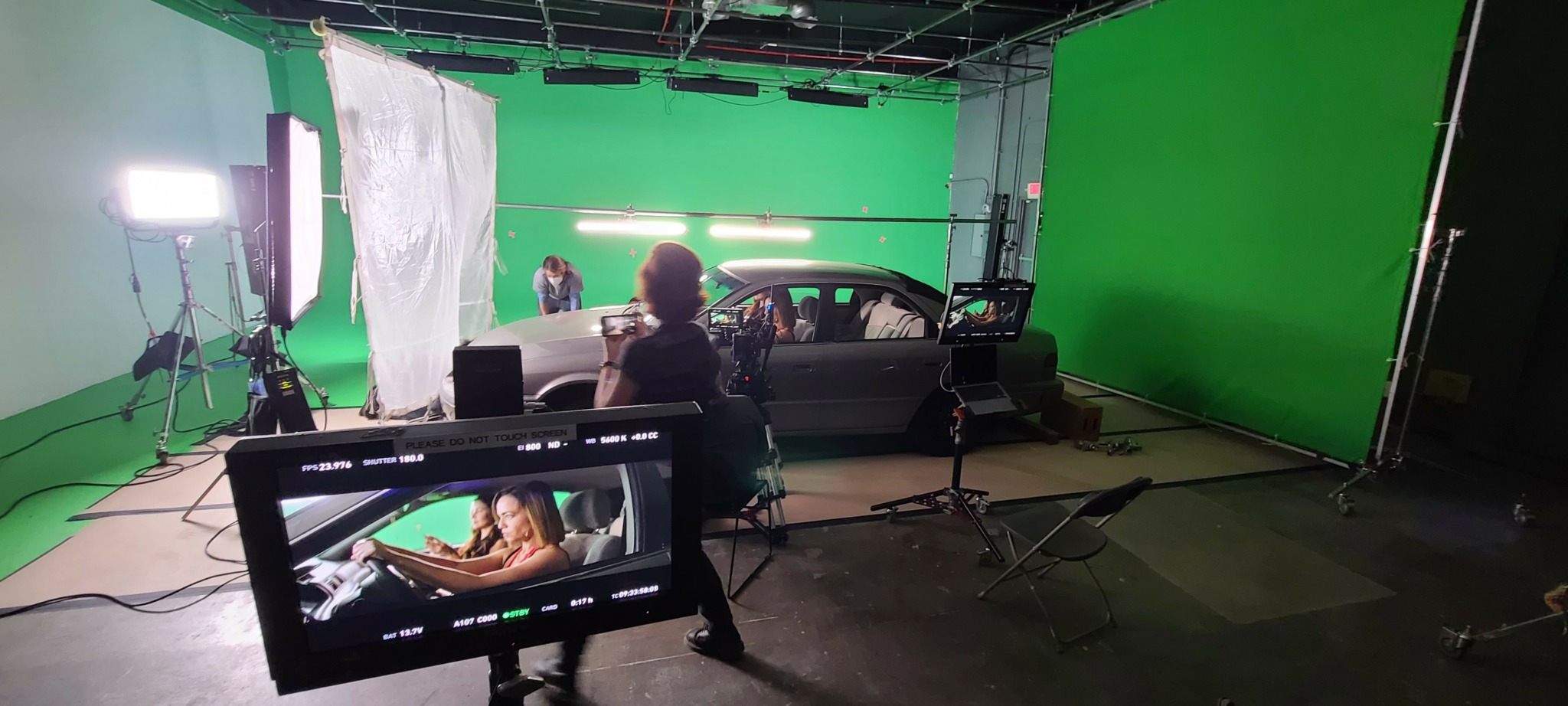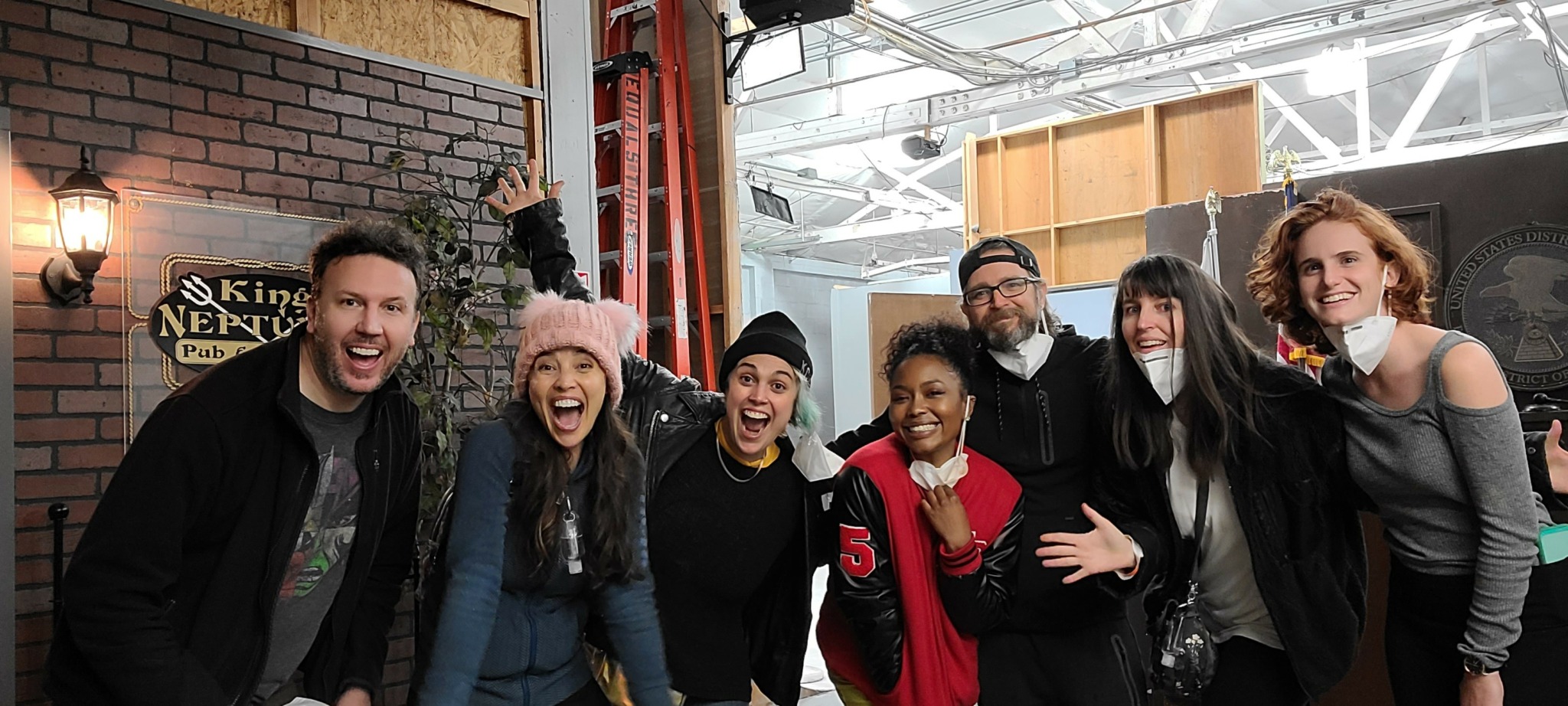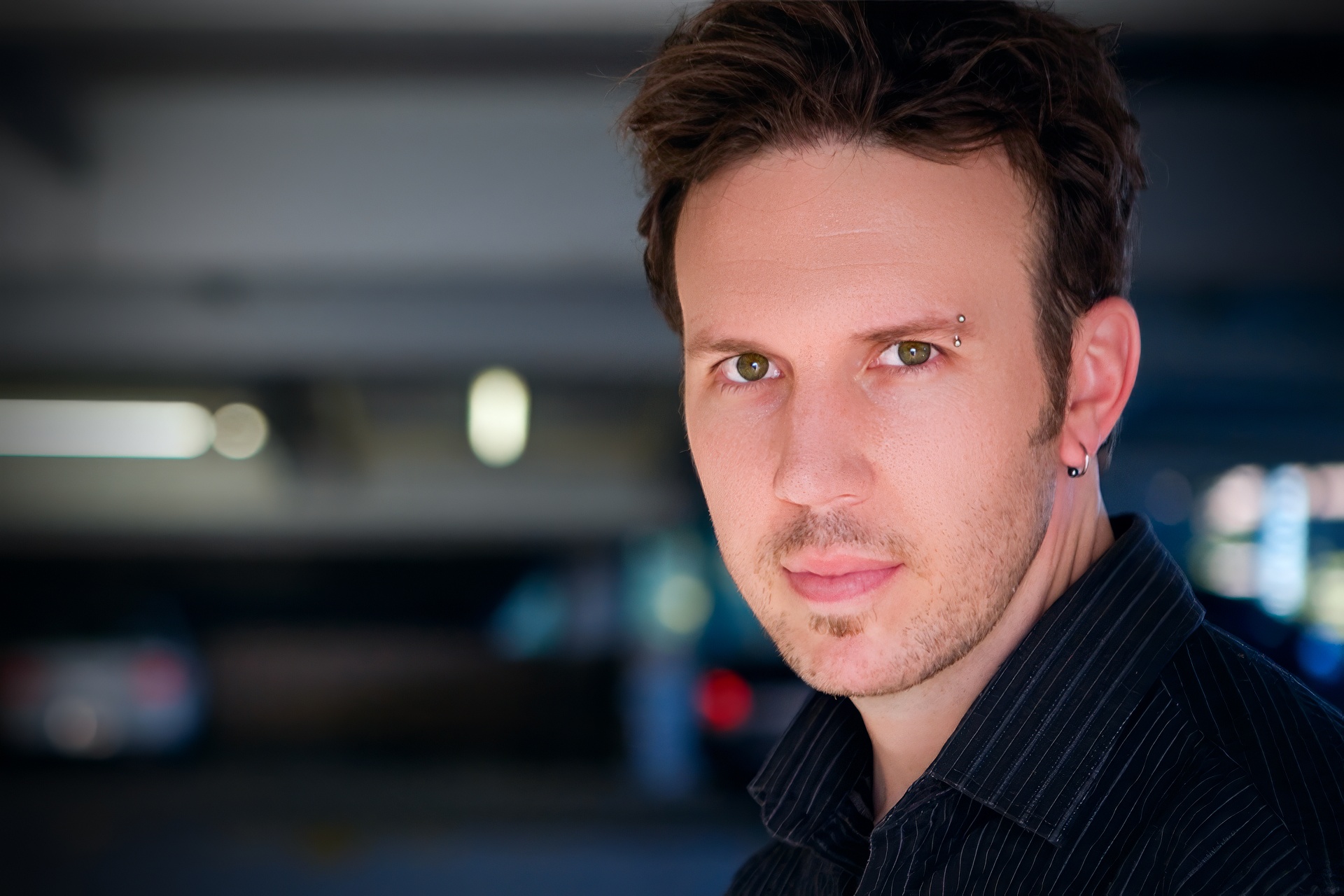We recently connected with Brian Lambert and have shared our conversation below.
Brian , looking forward to hearing all of your stories today. How did you learn to do what you do? Knowing what you know now, what could you have done to speed up your learning process? What skills do you think were most essential? What obstacles stood in the way of learning more?
I’m STILL learning! I’ll always be learning. That’s one of the things I find most compelling about creating- whether it be in film, photography, painting, cooking- there will never be a day when you stop and say to yourself, “Well, that’s it. I’ve learned everything.”
I started really young. I did my first films on my Dad’s old Super-8 camera, which was an expensive hobby for a 9-year-old. I only shot a handful of 50ft reels before moving on to VHS, which was much easier. I learned rudimentary editing by hooking 2 VCRs together with patch cables. It was clumsy and inaccurate, but it did the job in those days. Later, I moved up to using the Public Access edit bays, and started to learn the intricacies of linear deck-to-deck editing. When digital nonlinear editing came along, It felt like gold at the end of the rainbow.
Growing up before the internet age (was there really a time before internet?) the only way I could learn how movies were made was by reading books and magazines, and watching the occasional behind the scenes TV show. And for a kid who didn’t live in the city, it was hard sometimes to get hold of those reading materials. I envy the resources available to young filmmakers today. Everything is just a few clicks away.
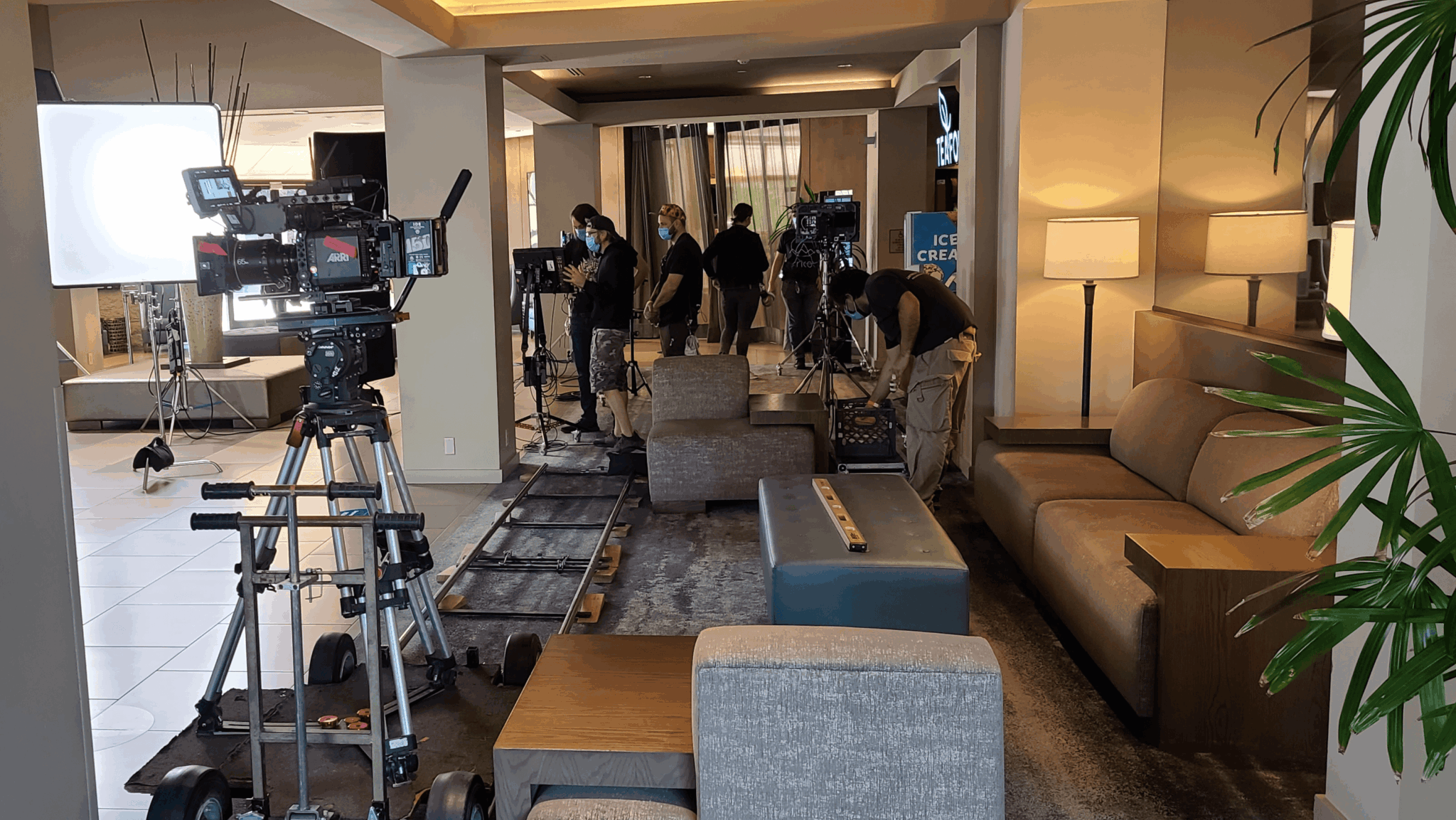
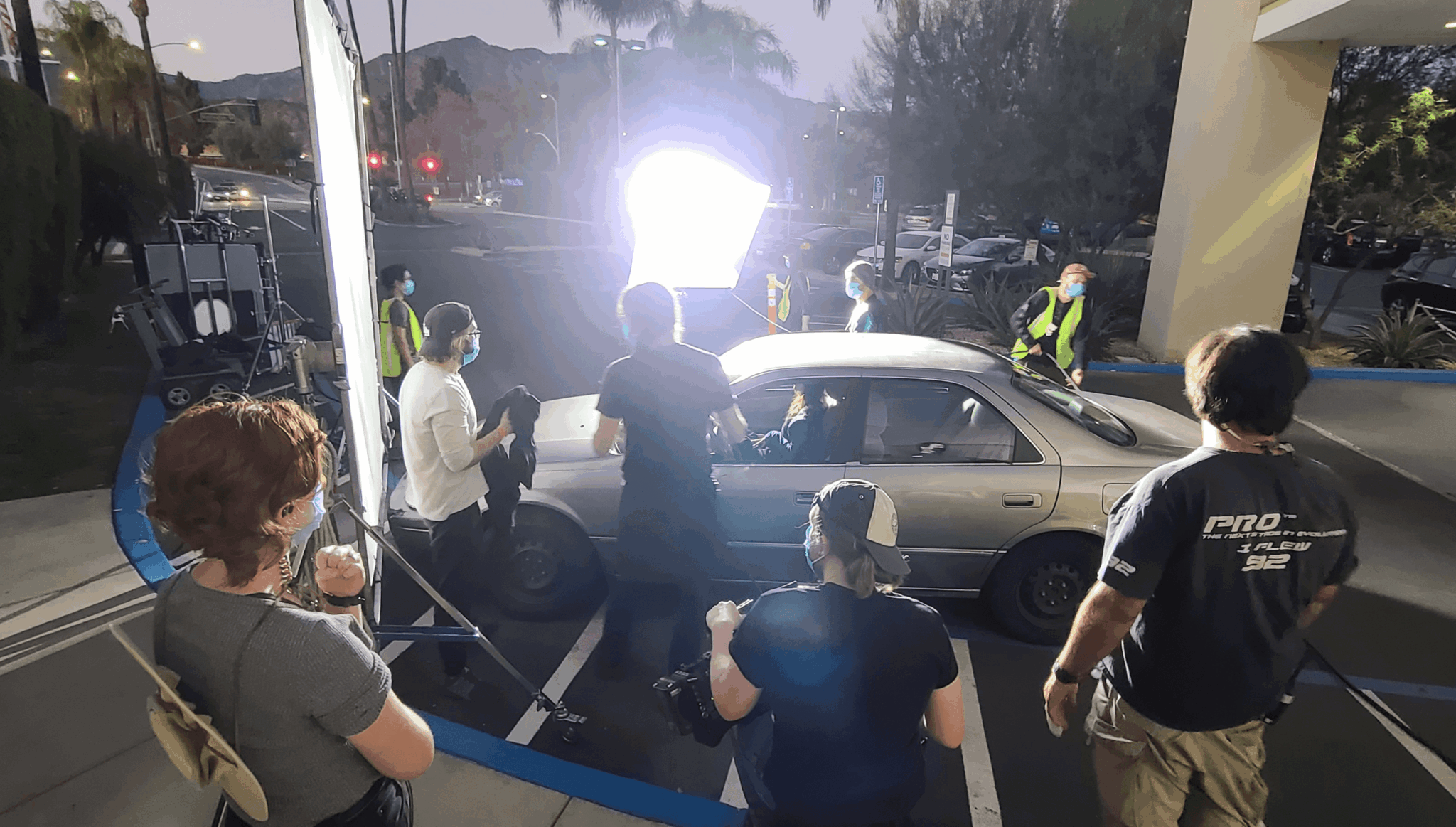
Great, appreciate you sharing that with us. Before we ask you to share more of your insights, can you take a moment to introduce yourself and how you got to where you are today to our readers.
By the time I got to high school, my love of filmmaking was in full bloom. Right around the same time that I got my driver’s license, I found out about Public Access television. Not only could I have access to proper gear, but I could get my shows on TV? Sign me up! From there, I was churning out short film after short film, doing a few live broadcasts, and a couple feature length works. It was a great training ground. I was writing, directing, acting, editing, lighting, and doing sfx makeup.
Later on, piece by piece, I acquired my own modest gear and really started trying to up my game. Each new project was another way to push my capabilities.
I went into film school thinking that was where I was really going to open up, but instead found myself disappointed. It felt surprisingly restricted, and creativity had to be tempered to specific instructor tastes. It was a real turn off.
For a while, as many artists are wont to do, I found myself unanchored and directionless. I worked a few jobs, travelled as much of the world as I could afford, and eventually came back to filmmaking. That’s the thing about having such a deep-seeded creative drive. You can’t get rid of it. It becomes who you are. Creatives who are held back from creating start to feel unfulfilled, depressed. Sitting back into filmmaking was like coming home. With all the experiences I had gained, places I had been, and people I had met, I was ready for the next chapter, and a fresh perspective, and I found it right here in Los Angeles.
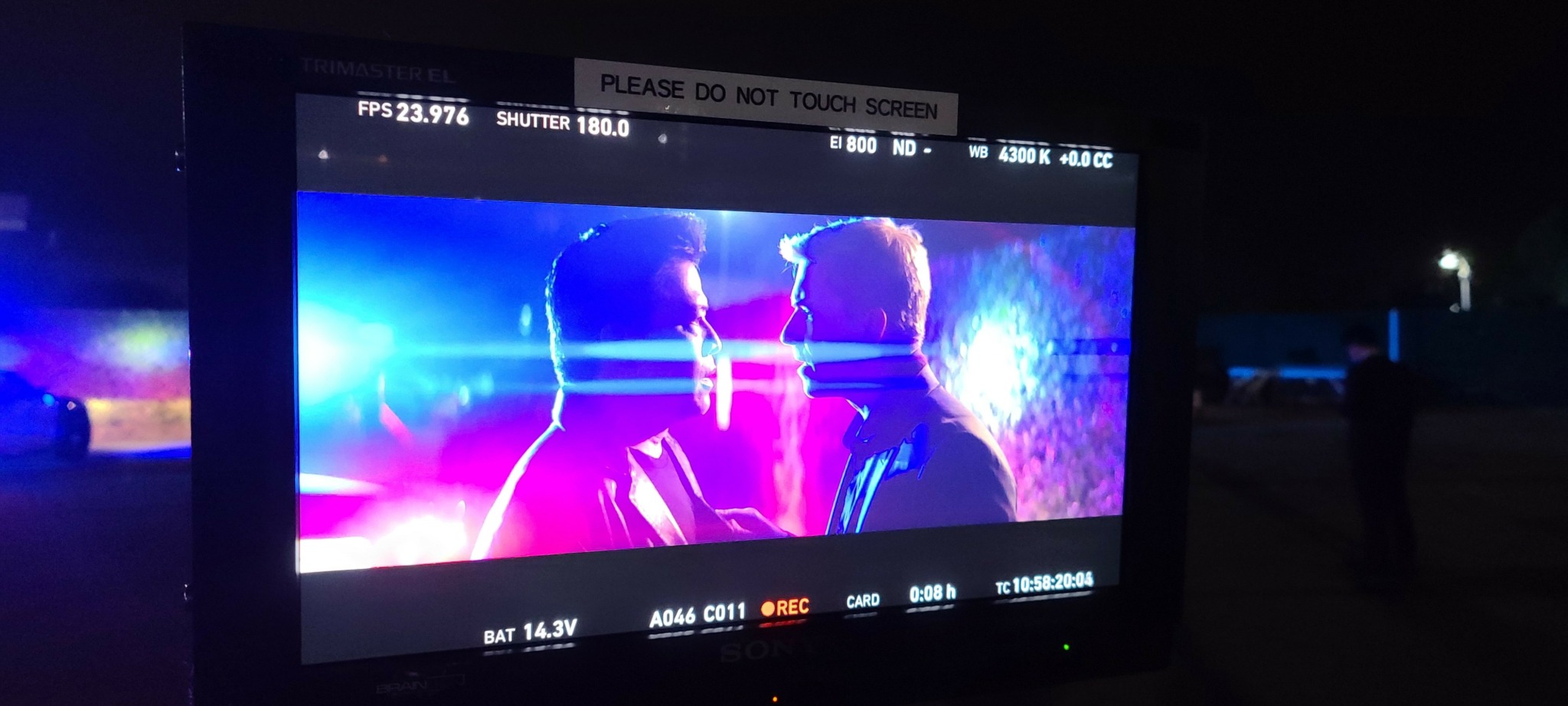
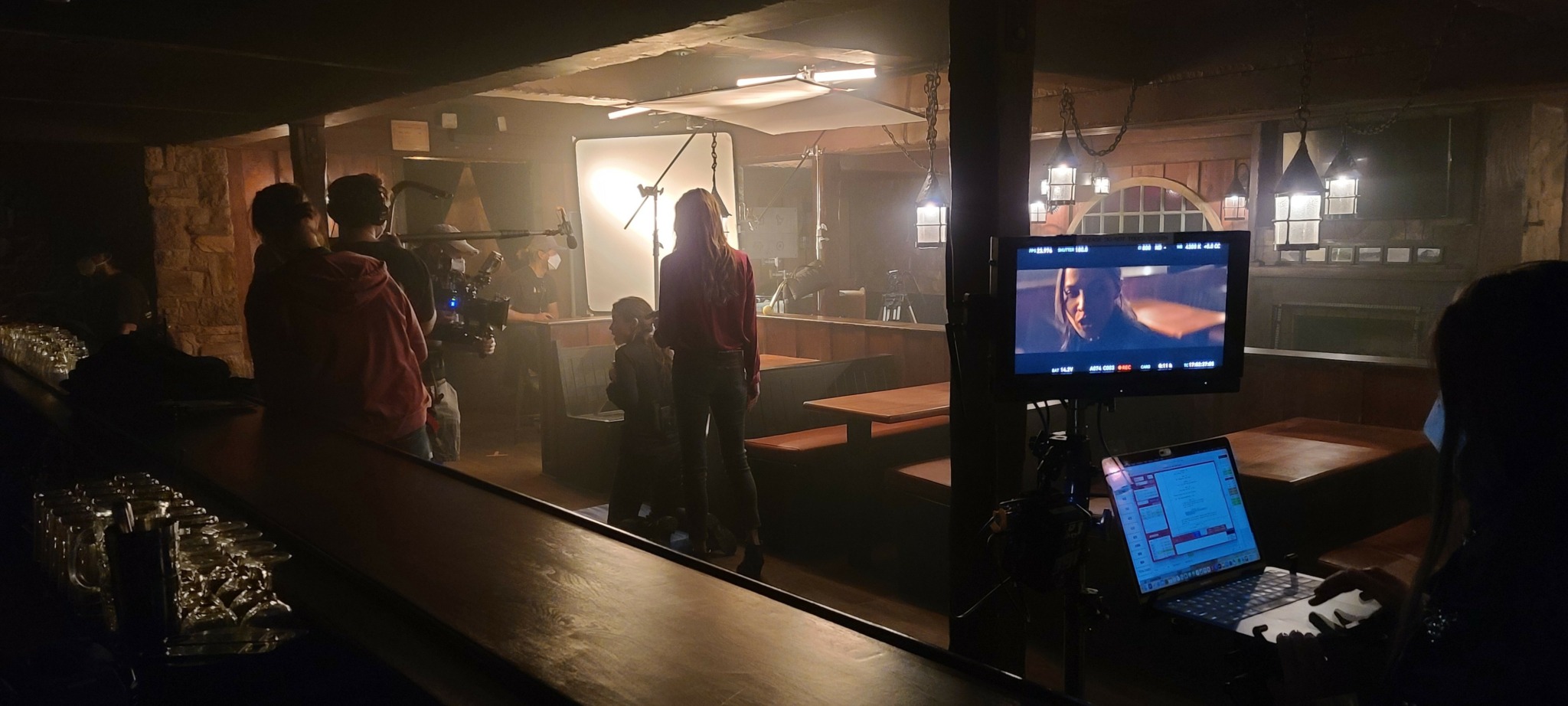
What do you find most rewarding about being a creative?
Bringing an idea into reality is the most amazing feeling. Taking an image that has formed in your mind’s eye, or a design, or a story, or just a specific set of words, and manifesting it is tremendously gratifying. In the beginning, I used to feel a strange embarrassment when an actor would speak words that I had written. Call it imposter syndrome, maybe. But when I realized that you are allowing that fellow creative to come in and add their own essence to the mix, I stopped being anxious and became excited. A film set is a collaborative space where we all come together, each of us with our specific jobs and expertise and angles, and create stories. The writing is only one part of that. The acting is only one part. The photography. The lighting. The sound design. Costumes. Music. It’s a massive creative symphony that works in harmony to tell a tale, and for me, there’s nothing better.
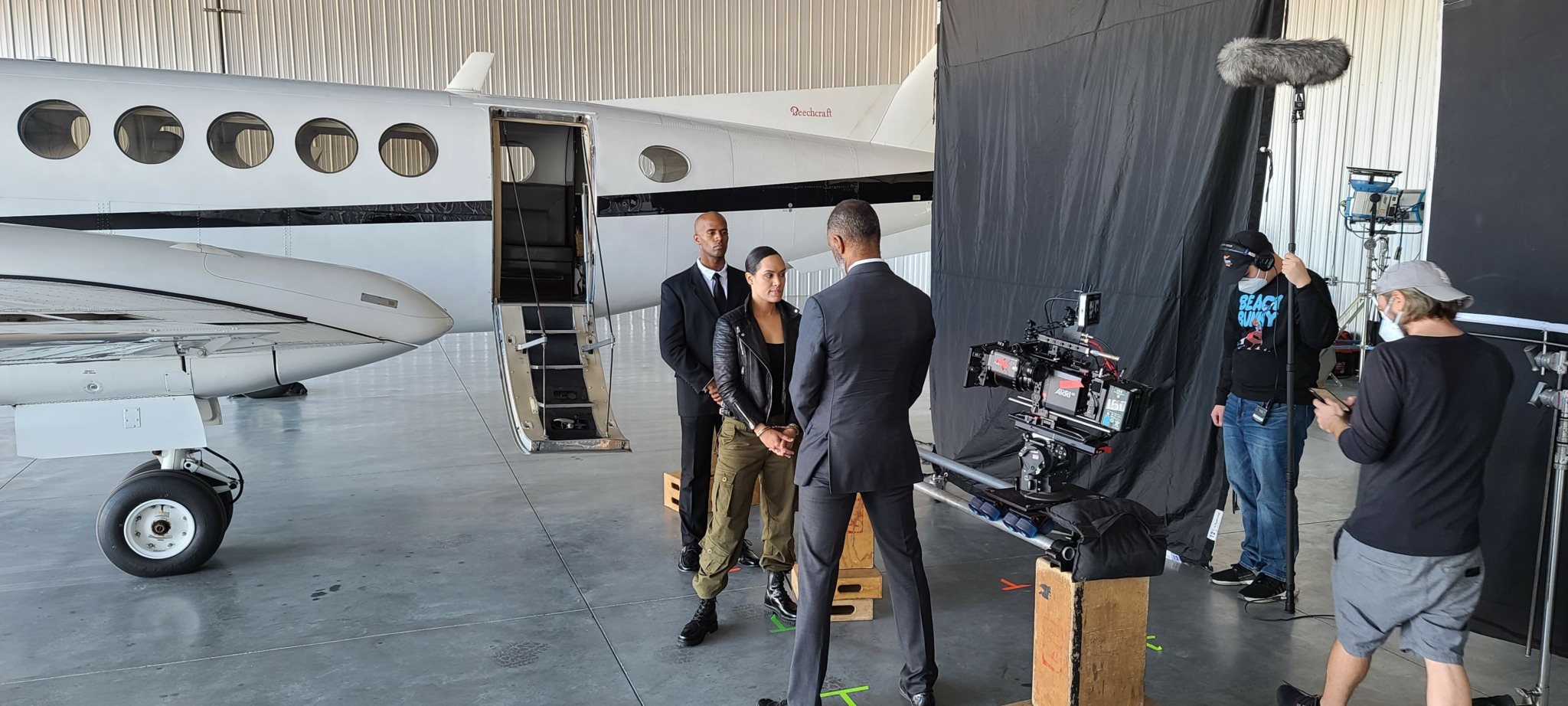
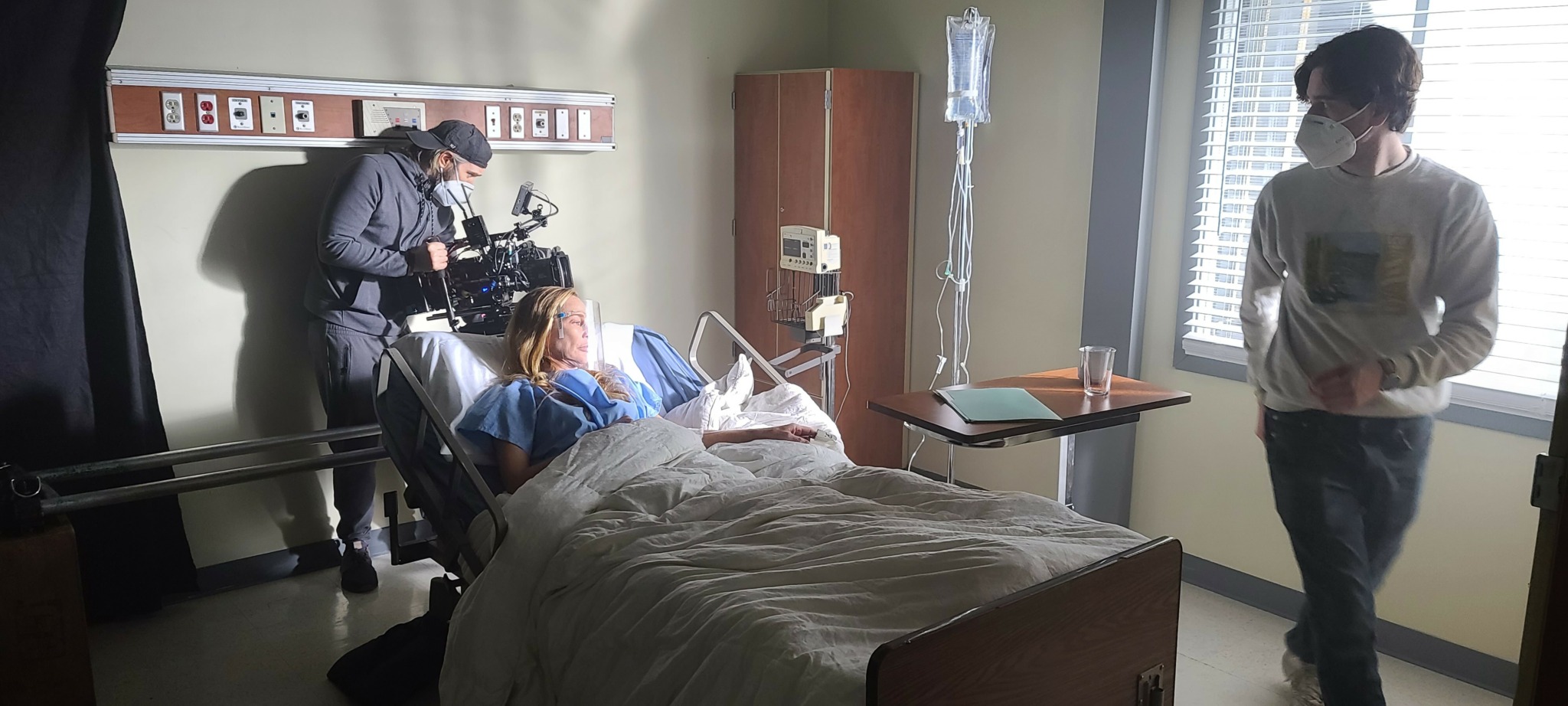
How can we best help foster a strong, supportive environment for artists and creatives?
In a time when more and more projects are being based off IP or being remade/prequeled/sequeled from something that already exists, I think the most important thing that people can do to support the industry is to go see original works. There’s such a fear in the business these days that if people don’t know what something is automatically, that they won’t go see it. Now, there may be something to that. Money’s tight. Going to the movies is expensive. The rise of streaming has made staying home an easier and less expensive option. But when I think back on all the fantastic original movies that came out, especially in the 80’s, for example, I wonder why all of that disappeared? I really think people are hungry for something new, and not just warmed-over reruns of old hits. If we’re going to get the support behind those kinds of projects, though, I think both moviegoers and streaming viewers are going to have to make it happen. There are certainly plenty of good ideas and good scripts out there just waiting to be made.
Contact Info:
- Instagram: @bear_not_bert
- Linkedin: https://www.linkedin.com/in/brian-lambert-dwp
- Youtube: @DeltaWingPictures
